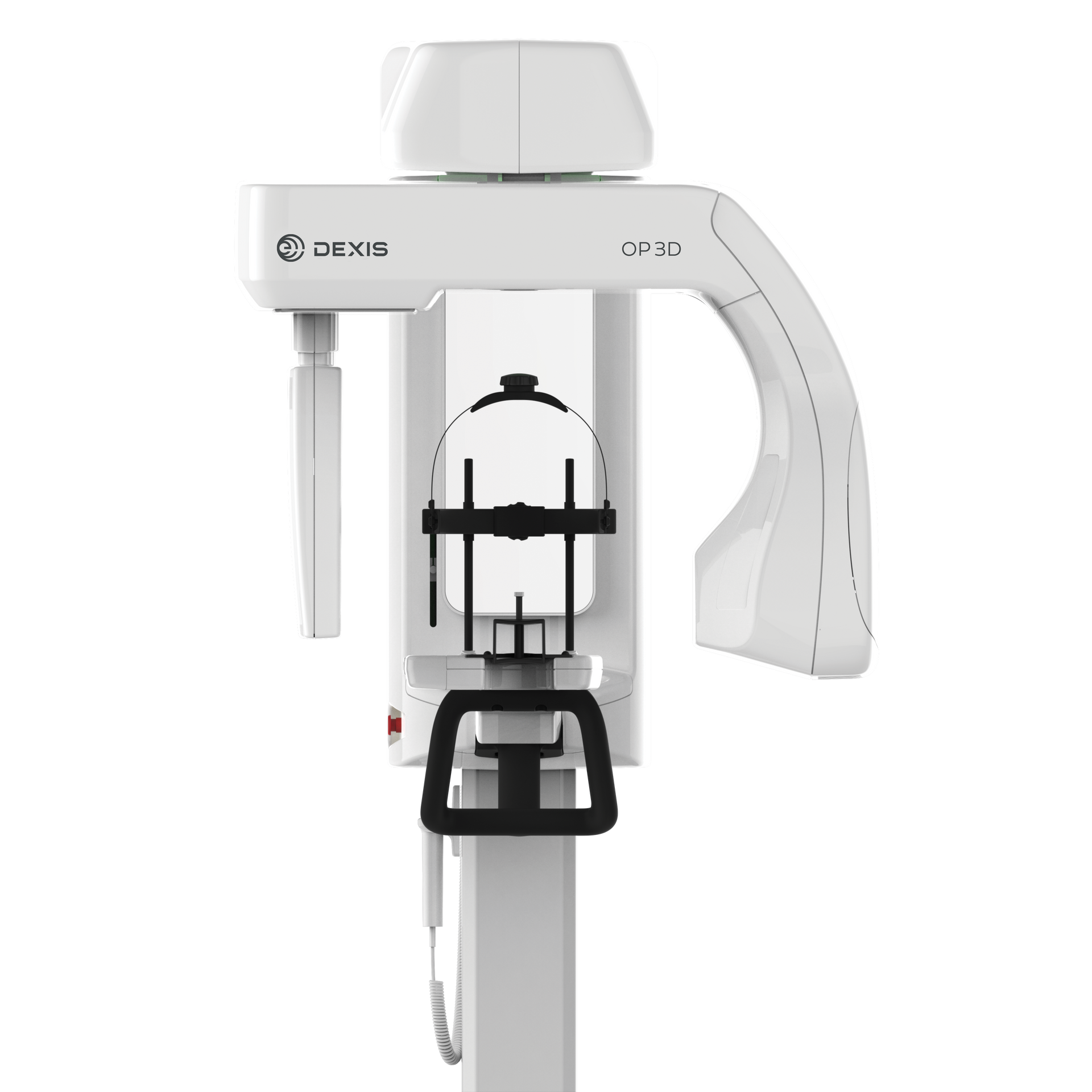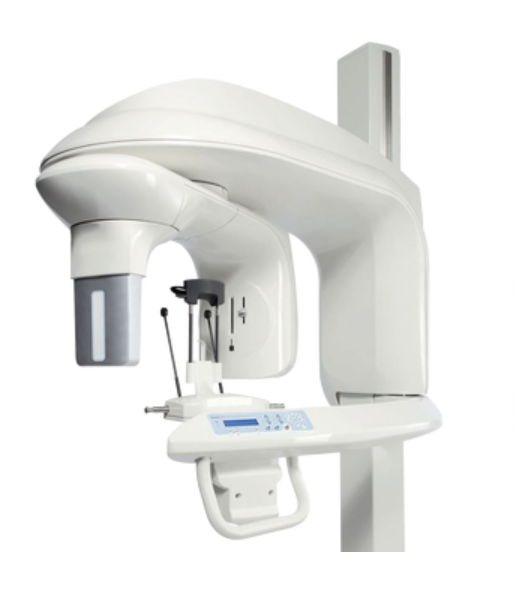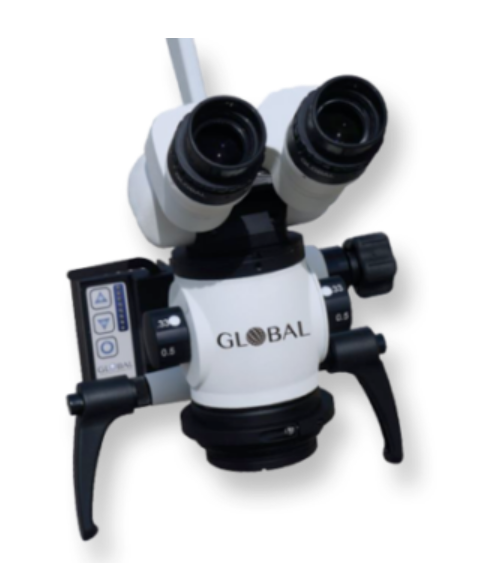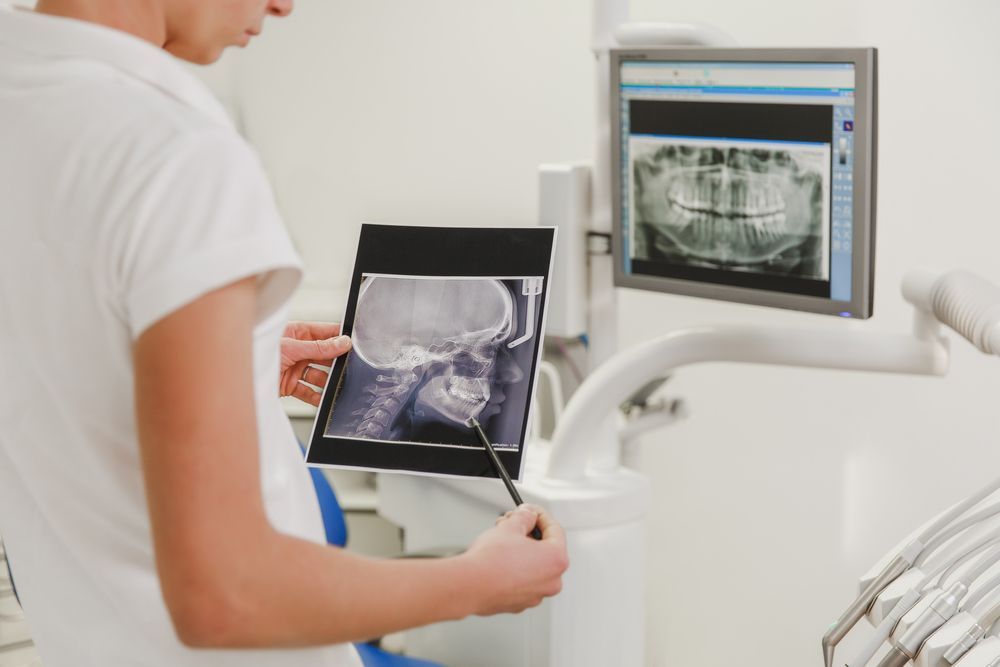By MyPortal Marketing
•
May 9, 2023
Broken Tooth: Dealing with Dental Trauma Dental trauma is a term used to describe an injury that affects the teeth, gums, or surrounding tissues. It can happen due to various accidents, such as sports injuries, falls, or car accidents. According to statistics in the USA, over 5 million teeth are knocked out each year, with up to 39% of these accidents occurring during sporting activities. Fortunately, emergency dental clinics, like La Jolla Micro Endodontics, led by Katherine Thomson DDS, can provide prompt care for patients who experience dental trauma. These clinics specialize in endodontic treatment, which involves the study and treatment of dental pulp and surrounding tissues. In this article, we will explore dental trauma in-depth and highlight the importance of seeking prompt dental treatment from clinics like La Jolla Micro Endodontics. What to Do When You Have a Broken Tooth A broken tooth is a type of dental trauma that can be caused by a number of factors, such as physical impact, biting on hard objects, or even grinding your teeth. Broken teeth can range from minor chips to severe fractures that expose the tooth's nerves and blood vessels, leading to extreme pain and discomfort. Seeking prompt dental treatment for a broken tooth is crucial to ensure that the damage does not worsen and to prevent complications such as infection or further tooth loss. In this article, we will discuss the importance of seeking dental treatment for a broken tooth and what to expect during the treatment process. Causes and Symptoms of Broken Teeth Broken teeth can be caused by various factors, including: Physical trauma: Accidents, falls, or sporting injuries can cause a tooth to break or become fractured. Biting on hard objects: Chewing on hard objects such as ice, pens, or popcorn kernels can cause teeth to chip or break. Tooth decay: If a tooth has weakened due to decay, it may be more susceptible to breaking. Bruxism: Teeth grinding or clenching can put excessive pressure on teeth, leading to cracks or fractures. The signs and symptoms of a broken tooth may vary depending on the extent of the damage, but some common symptoms include: Sharp pain when biting down or chewing Sensitivity to hot or cold temperatures Swelling of the gums Bleeding around the broken tooth Visible cracks or chips on the tooth If you experience any of these symptoms, it is important to seek dental treatment as soon as possible to prevent further damage or infection. If you have a broken tooth , there are a few immediate steps you can take before seeking dental treatment: Rinse your mouth with warm water to clean the area around the broken tooth. Apply a cold compress to the outside of your cheek near the affected area to reduce swelling and numb pain. Use dental wax or sugar-free gum to cover any sharp edges of the broken tooth to prevent further damage to your mouth or tongue. Take over-the-counter pain relievers such as acetaminophen or ibuprofen to manage any pain or discomfort. When dealing with a broken tooth, there are also a few important do's and don'ts to keep in mind: Do's: See a dentist as soon as possible to prevent further damage or infection. Eat soft foods and avoid biting down on the affected tooth. Maintain good oral hygiene by brushing and flossing gently around the broken tooth. Don'ts: Do not ignore a broken tooth, as it can lead to further damage and infection. Do not try to fix a broken tooth on your own, as this can cause additional damage. Avoid eating hard or sticky foods that can further damage the tooth. It is important to remember that seeking immediate dental treatment is crucial to prevent further damage and ensure the best possible outcome for your broken tooth. Treatment Options for a Broken Tooth Different treatment options depending on the extent of the damage. La Jolla Micro Endodontics is well equipped with the most advanced equipment to treat a broken tooth immediately with superior results. Types of dental restorations used to fix a broken tooth. When it comes to treating a broken tooth, the best course of action will depend on the extent of the damage. Minor cracks or chips may only require a simple restoration, while more severe breaks may require a more extensive treatment plan. Here are some of the treatment options available at La Jolla Micro Endodontics for broken teeth: Dental Bonding: Dental bonding is a simple and cost-effective way to repair minor cracks and chips. The process involves applying a tooth-colored resin to the affected area and shaping it to match the natural tooth. The resin is then hardened using a special light, and any excess material is polished away. Bonding is a quick and painless procedure that can be completed in a single office visit. Dental Crowns: Dental crowns are used to cover a damaged or weakened tooth. They are custom-made to fit over the existing tooth and can be made from a variety of materials, including porcelain, ceramic, and metal. Crowns can restore the shape, size, and strength of the tooth while also improving its appearance. Root Canal Therapy: If the damage to the tooth is deep enough to affect the pulp, which contains the nerves and blood vessels of the tooth, a root canal may be necessary. During this procedure, the damaged pulp is removed and replaced with a filling material. A crown is typically placed on the tooth to protect it and restore its function. Dental Implants: If the tooth is too damaged to be saved with other restorative treatments, it may need to be extracted. In this case, a dental implant can be used to replace the missing tooth. The implant is surgically placed in the jawbone, and a crown is attached to the implant to create a natural-looking and functional replacement tooth. It is important to seek treatment for a broken tooth as soon as possible to prevent further damage and decay. Your dentist can evaluate the extent of the damage and recommend the best treatment option for your individual needs. Prevention Preventing broken teeth is crucial to maintaining good oral health and avoiding dental trauma. While accidents can happen, there are steps you can take to minimize the risk of a broken tooth. Here are some tips for preventing dental trauma and broken teeth: Wear Protective Gear: If you participate in physical activities such as sports or recreational activities, it is important to wear protective gear such as a mouthguard, helmet, or face shield to prevent trauma to your teeth and mouth. Make sure the gear you use fits properly and is appropriate for the activity you are doing. Avoid Hard Foods: Avoid biting down on hard foods, such as ice, hard candy, or popcorn kernels, which can cause your teeth to crack or break. Don't Use Teeth as Tools : Avoid using your teeth as tools to open packages or bottles. This can cause your teeth to chip, crack, or break. Practice Good Oral Hygiene: Brush your teeth twice a day, floss daily, and visit your dentist regularly for cleanings and checkups. Good oral hygiene helps maintain the strength and health of your teeth. Address Dental Issues Promptly: If you have any dental issues, such as decay or a cracked tooth, it is important to address them promptly to prevent further damage. Consider Dental Treatments: Depending on your dental history and risk of dental trauma, your dentist may recommend certain treatments to prevent broken teeth. These may include dental crowns, veneers, or bonding. By following these tips, you can minimize the risk of dental trauma and broken teeth and maintain a healthy, beautiful smile. 10 Frequently Asked Questions and Answers Can a broken tooth heal itself? No, a broken tooth cannot heal itself. It requires dental treatment to restore or repair the tooth. Will a chipped tooth eventually break off? It depends on the severity of the chip. A small chip can usually be repaired, but a larger chip can lead to a weakened tooth structure and increase the risk of a break. What happens if a broken tooth goes untreated? If a broken tooth goes untreated, it can lead to further damage and decay. It may also cause pain and sensitivity and increase the risk of infection. Can a broken tooth cause an infection? Yes, a broken tooth can cause an infection if the inner pulp is exposed and becomes infected. This can lead to a dental abscess and require immediate treatment. Is it necessary to replace a missing tooth caused by trauma? Yes, it is important to replace a missing tooth caused by trauma to avoid shifting of surrounding teeth, difficulty in biting and chewing, and other oral health issues. How can I prevent dental trauma and broken teeth? Wearing a mouthguard during physical activities, avoiding hard and crunchy foods, and practicing good oral hygiene can all help prevent dental trauma and broken teeth. Can I still play sports if I have a missing tooth? Yes, but it is important to wear a mouthguard to protect your remaining teeth from damage and reduce the risk of future dental trauma. How much does it cost to fix a broken tooth? The cost of fixing a broken tooth varies depending on the extent of the damage and the type of treatment needed. It is best to consult with a dentist for an accurate estimate. Is a broken tooth an emergency? A broken tooth can be considered an emergency if it is causing severe pain or if there is a risk of infection. It is best to seek dental treatment as soon as possible to avoid further damage. Can a broken tooth be fixed on the same day? In some cases, a broken tooth can be fixed the same day with dental bonding or a dental crown. However, it depends on the extent of the damage and the availability of the necessary dental materials. In conclusion , dental trauma and broken teeth can cause discomfort and even lead to serious complications if left untreated. Seeking prompt dental treatment is crucial to prevent further damage to the tooth and surrounding tissues. This includes immediate first aid for broken teeth, followed by an evaluation from a dental professional. Depending on the extent of the damage, treatment options may vary, but restorative procedures such as fillings, crowns, and dental implants can help restore the tooth's function and appearance. Prevention is also key, and measures such as wearing protective gear during physical activities can help reduce the risk of dental trauma. Remember, early intervention and treatment can help save a broken tooth and prevent further complications.







